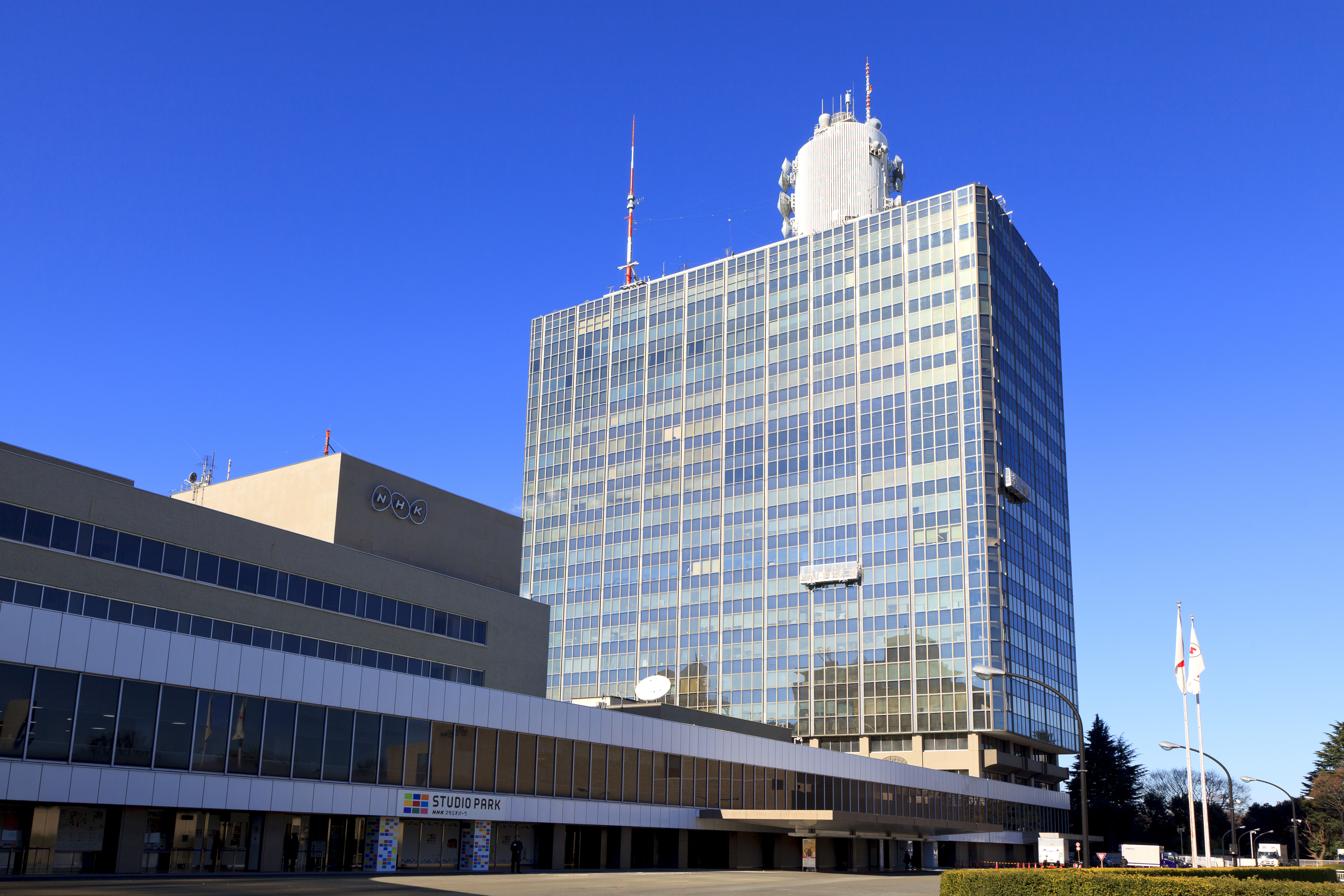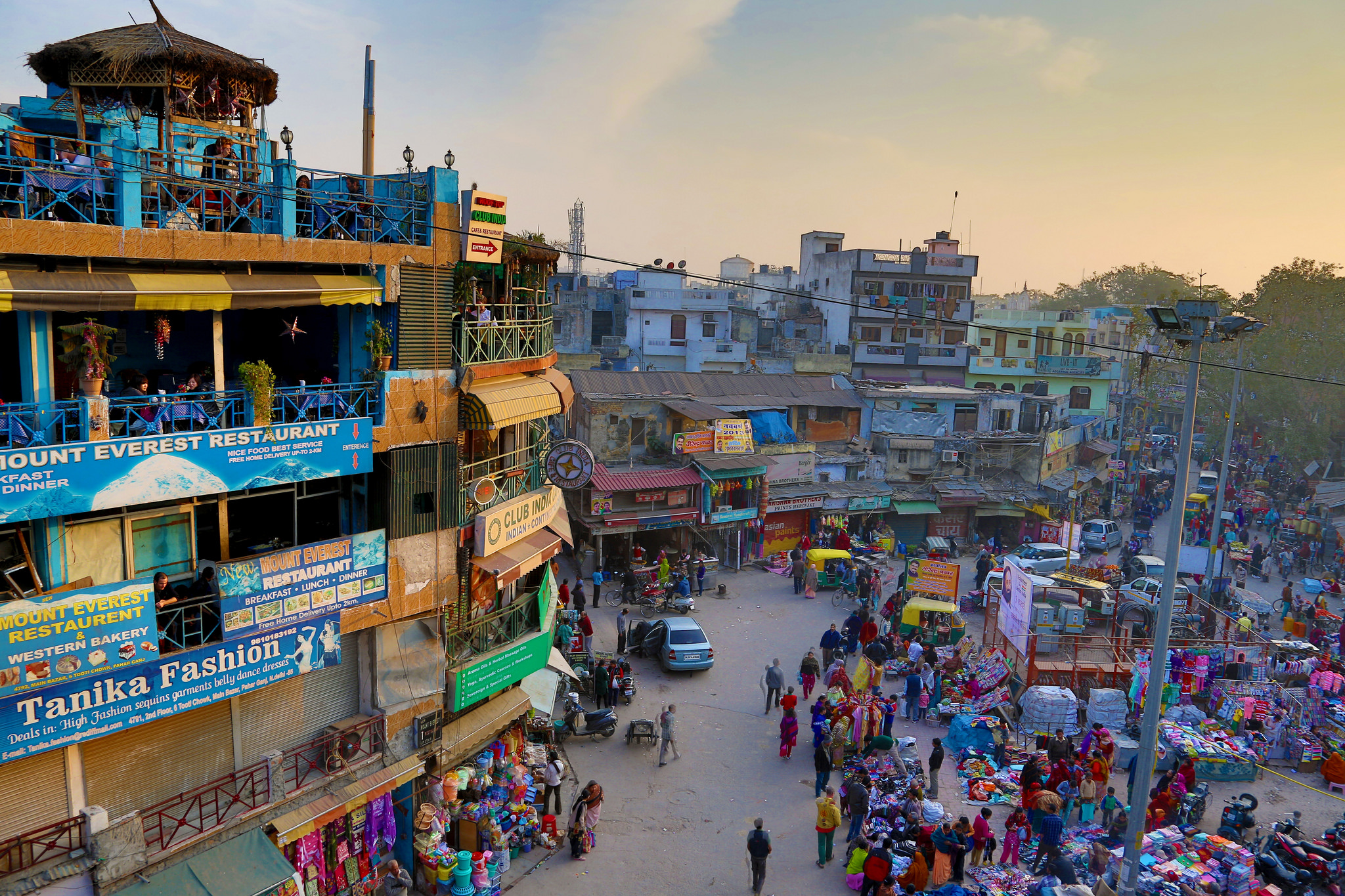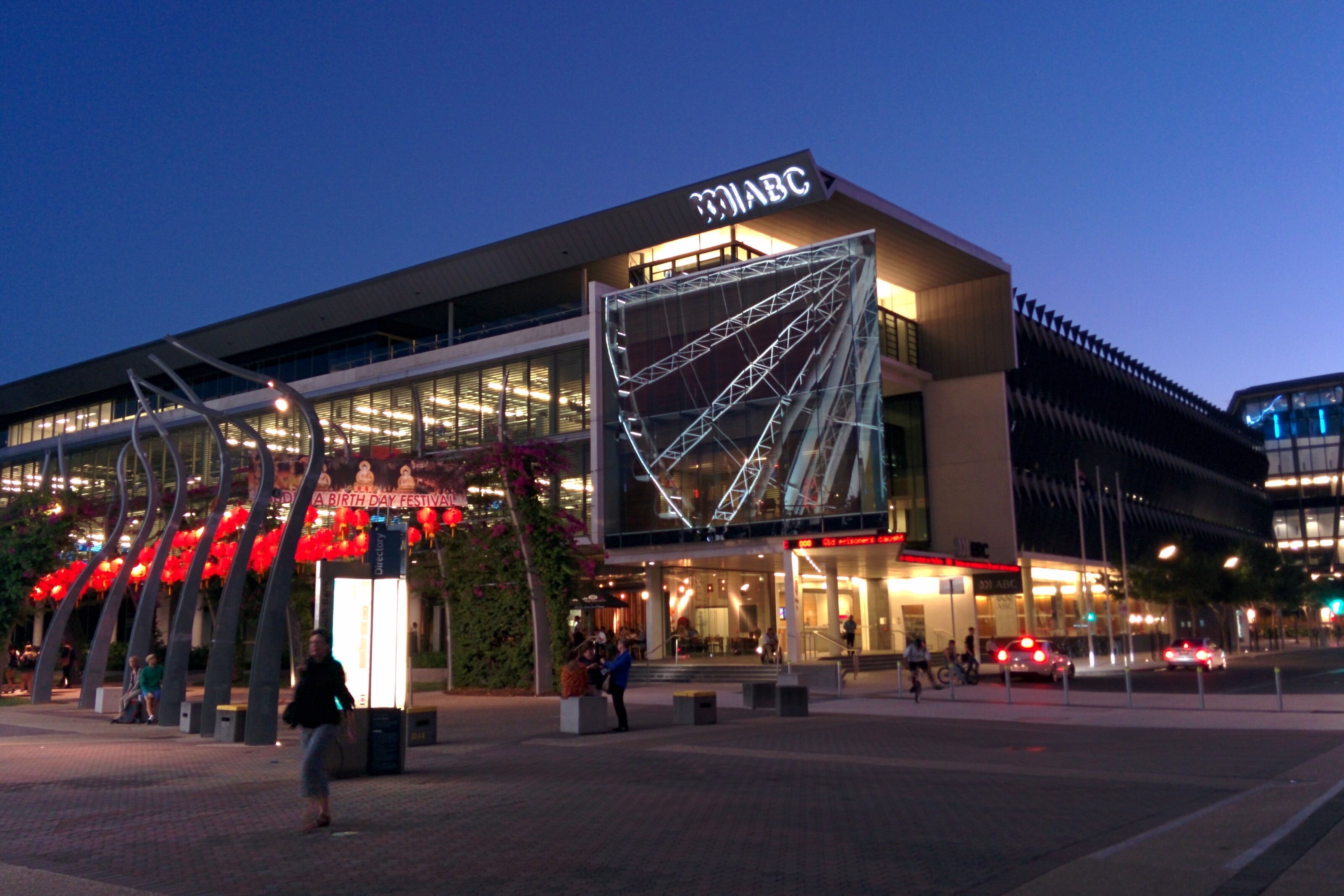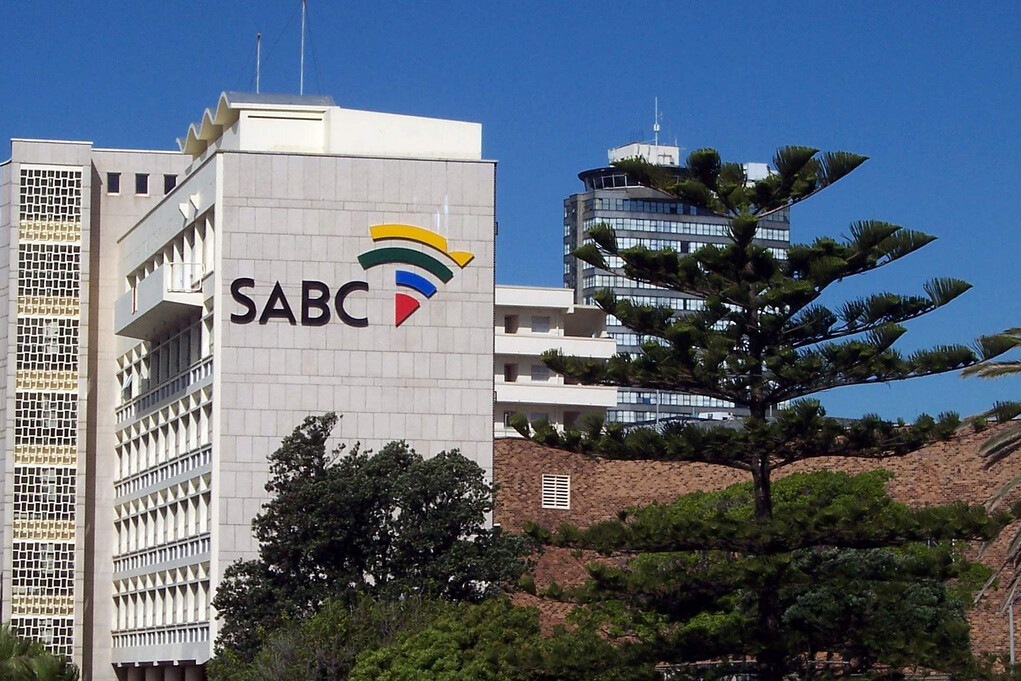It has been a busy few months for Australia’s largest public broadcaster.
From leadership changes to enquiries into political interference and efficiency, the Australian Broadcasting Corporation (ABC) has faced a number of challenges in recent months.
Yet, its fundamental role in contributing to the country’s democracy has been supported through a funding relief and reports highlighting its competitive neutrality. The organisation has also committed to providing more and greater access to content via digital radio.
Here is a roundup of the latest developments since our last update in December 2018.
In detail
» Changes at the top: At the end of February 2019, the Federal Cabinet approved the appointment of Ita Buttrose as the new Chair of the Australian Broadcasting Corporation (ABC), ending a five month period of uncertainty. Buttrose has affirmed her commitment to restoring ABC’s stability and to make it “functioning again with proper stable management and good frank discussions between the chair and whoever is the managing director.”
The corporation has also employed a new Editorial Director. Craig McMurtie, a senior journalist at the ABC, will be taking over from Alan Sunderland.
» Political interference: Following an enquiry, a Senate committee declared on 1 April that “political interference or the prospect of political interference, and all that that entails, is experienced to varying degrees throughout the ABC.”
The coalition senators on the committee rejected Senate findings with a dissenting report. “The inquiry found no evidence of political interference by the Government or the former prime minister,” they wrote.
The committee’s report also recommended amending the selection criteria for the election of board members, to make sure that those elected have considerable media experience. The ABC said they will review the report and consider its findings.
» Settlement with former director: The ABC reached a settlement with Michelle Guthrie, the organisation’s former managing director, whom was removed from her post in September 2018. Initially, the details of the settlement were due to remain confidential , but it was later revealed that Michelle Guthrie received AUS$730,000 for her dismissal.
» Funding relief: In the 2019 Budget, the Morrison government announced it will give ABC another three years of funding for an overall sum of AUS$44 million. Since 2014, the public broadcaster has been subject to severe cuts. More were announced last year, fuelling fears for ABC’s future sustainability, especially its local news-focused grants.
» DAB part of digital strategy: At the digital radio workshop at DBS Kuala Lumpur, the manager of Radio Australia reinforced the public broadcaster’s commitment to making DAB+ transmission part of its multiplatform strategy. In recent years, the ABC has significantly increased the number of stations and diversified its offering by using the digital radio bandwidth.
» Underpayment of casual employees: In January 2019, the public broadcaster launched a review after it admitted it had been underpaying close to 2,500 casual staff over the past 6 years. The broadcaster publicly apologised and stated that it is “actively working” to remedy the situation for all affected employees.
» Efficiency review of ABC and SBS: A new review suggested that some of the public broadcasters’ content is not part of their core responsibilities established by their charter. The report, created by former Foxtel boss Peter Tonagh and former media regulator Richard Bean, refers specifically to ABC Life and SBS Food, suggesting the two public broadcasters should refocus their programming.
A separate review which looked at neutrality, cleared both public broadcasters at the end of 2018. The neutrality review reported that both SBS and the ABC are meeting their competitive neutrality requirements, but also suggested that the two public broadcasters could be more transparent in their competitive activities.
In other news
» Pacific Islands plan criticised: At the end of 2018, Australia’s Prime Minister, Scott Morrison, put forward a plan to broadcast commercial Australian TV shows to Pacific island screens. The plan was initially discussed in November and was later defined and publicly discussed in January. The initiative is expected to bring 1000 hours of wide ranging programmes to increase visibility in the Pacific region, with a AUS$17.1 million backing fund in partnership with FreeTv, a free-to-air television lobby group.
However, this plan has been criticised by industry members as an example of “soft power” to improve Australia’s image and would have no real benefits for the free-to-air networks.
» Calls for social media regulations: In February 2019, the Australian Competition and Consumer Commission expressed concern regarding the power of Facebook and Google. The competition regulator said the production of news cannot be left entirely to market forces and that the power enjoyed by multimedia companies like Google and Facebook is weakening Australian media. A final report on the matter is due in June 2019.
More recently, social media regulation was thrown back into the spotlight following the terrorist attacks in Christchurch, New Zealand. New laws are being drafted that would make it illegal for social media companies to leave videos filmed by terrorists on their platforms. A broadcast by the terrorist behind the massacre prompted world leaders to call for a crackdown on social media.
The links above are to original stories, which are not produced by PMA. ‘Focus on PSM’ brings together stories from regions experiencing periods of heightened debate about the role of public media, media independence and media freedom. PMA does not necessarily endorse these stories nor do they necessarily reflect the view of PMA.
Header Image: People entering and leaving the Australian Broadcasting Corporation (ABC) Centre in Ultimo, Sydney. Credit: kokkai/iStock



